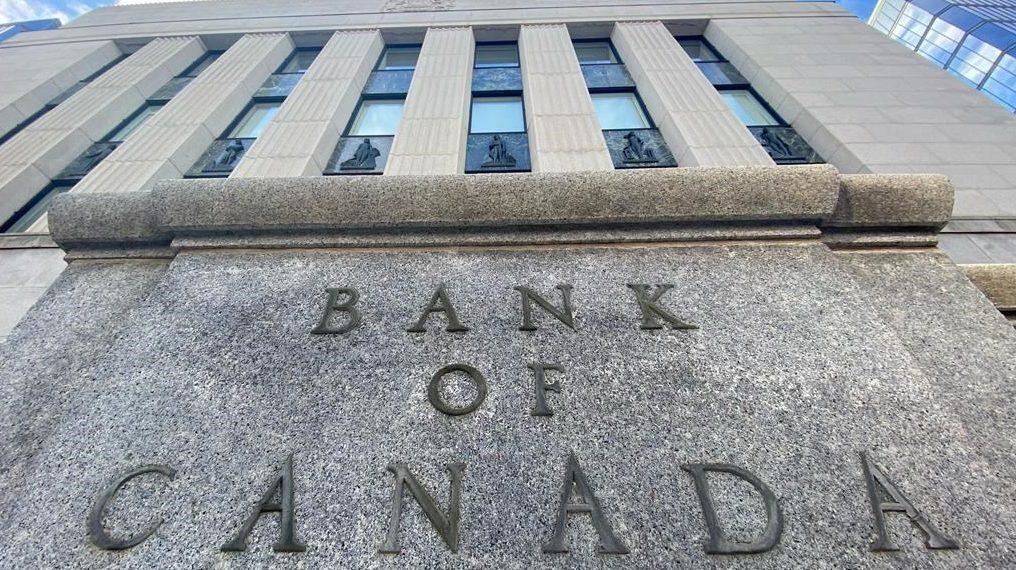OTTAWA—Positive news about vaccine delivery won’t be enough to give the economy a shot in the arm to start 2021, the Bank of Canada said Wednesday as it kept its key interest rate on hold and warned rising COVID-19 cases in Canada will weigh on near-term growth.
The central bank said economic restrictions in response to burgeoning case counts will hold down economic growth for the first three months of the new year and that the virus will “contribute to a choppy trajectory until a vaccine is widely available.”





